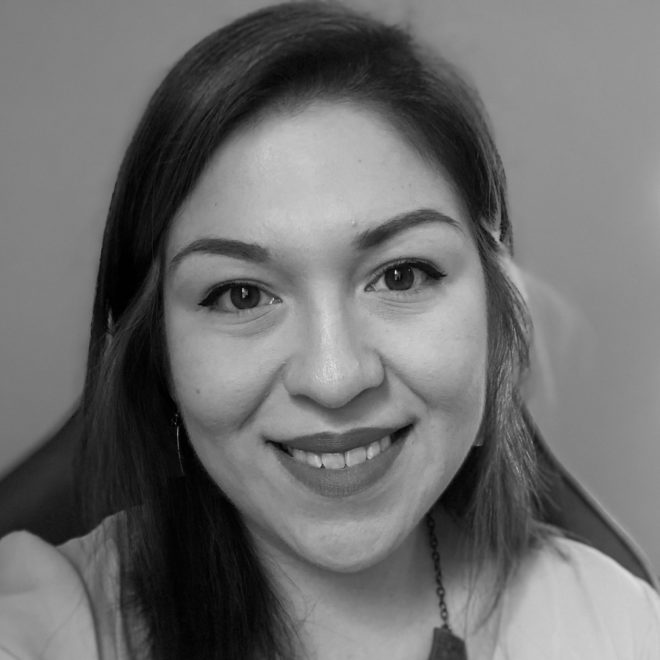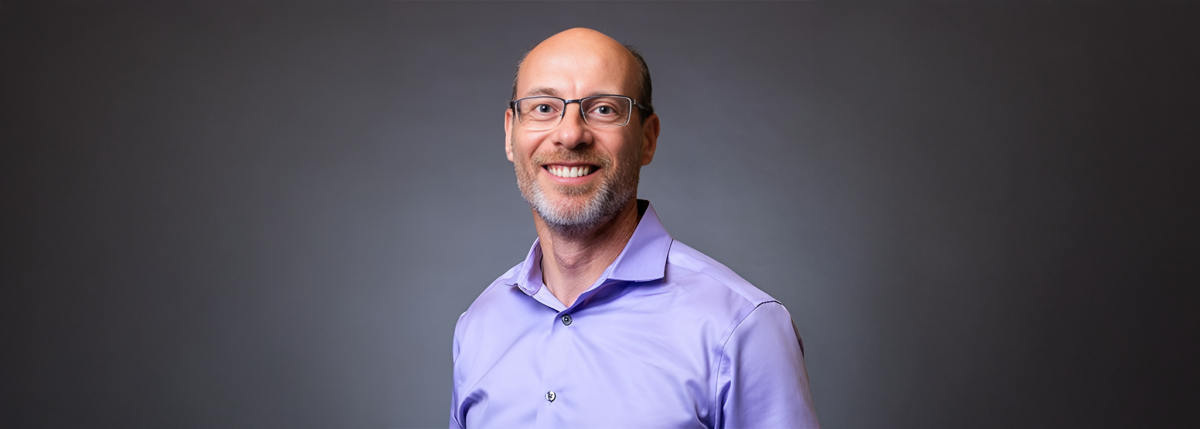How Insulin Got My Health Where it Needed to Be
Written by: Liz Cambron-Kopco
5 minute read
June 17, 2022
Living with diabetes means having to perform daily management tasks like taking medication, tracking carbohydrate intake, monitoring blood glucose levels during exercise and much more.
A life with diabetes means living with a never-ending task list just to stay alive, let alone thrive. This is why diabetes treatment plans should include ways to improve quality of life—sometimes that means adding insulin. While people living with type 1 diabetes require insulin, people living with type 2 diabetes may also need it. In some cases, adding insulin to a type 2 diabetes care plan can improve management, health and happiness overall.
Candice Holliday, a type 2 diabetes community member, shares how using insulin helped her in these ways.
This interview has been edited for length and clarity.
BT1: Candice, thank you for being with us. To start, can you tell us what your diabetes diagnosis was like?
Candice: It was actually kind of scary. I was 37 and feeling tired all the time. One day I just started feeling really, really sick and I couldn’t get off the couch. I was losing weight for no reason, which was really strange because I’m not one of those people who just loses weight easily. I was going to the bathroom all the time and I just thought, “Oh, well maybe it’s cause I’m getting older or whatever.”
This one particular day, I just couldn’t get off the couch. I remember having gestational diabetes when I was pregnant, so I had a meter and checked my blood sugar.
It was 31.9125 mmol/l575 mg/dL.
My husband took me to the emergency room and the doctor ran some blood tests. I was diagnosed with type 2 diabetes. When I went to see the endocrinologist, he told me that my A1C was 13 and explained that meant that my blood sugar was over 27.75 mmol/l500 mg/dL, every day. That really scared me.
He put me on SOLIQUA and metformin. His main goal was to get me to the point where I wouldn’t have to take medication anymore.
You mentioned you had gestational diabetes but was type 2 diabetes (T2D) something you expected?
No, I wasn’t expecting it. When I had gestational diabetes, I took it very seriously because I wanted to make sure my son was okay.
But after I had him, I didn’t take it seriously. I knew that it meant that I would be at higher risk, but I didn’t think it would lead to T2D. I had started losing weight before I had my son and then of course I gained pretty much everything back during my pregnancy. After having him and having a C-section, it felt virtually impossible to lose weight.
Did you ever hear about insulin before you were prescribed it?
Yeah, I have a friend who is a type 1 diabetic and I used to help her cause she never liked injecting herself. I don’t think I had any fear of using insulin. I personally see it as a means to an end, as something I needed.
I needed it to get me to where I needed to be health-wise.
Since I had to use it when I was pregnant—three times a day then—I feel like that changed my thoughts on it.
What results did you see being on insulin?
I started insulin and metformin in September of 2021. I had taken some diabetes classes when I was pregnant, so I kind of had a good idea of what to do. I also had a nurse practitioner who gave me ideas on how to change my diet.
With my diet and exercise changes, along with the insulin and metformin, my numbers started to get better. I think the following time they did my blood work, my A1C was near 5.7.
I was thrilled that I was able to get it down so much. In January 2022, my doctor decided that I didn’t need the insulin anymore, and I’ve just been on metformin and Ozempic.
Ozempic helped me get a significant amount of weight off. When I saw my nurse practitioner in April, my A1C had gone down to 4.9.
That’s amazing! Being put on insulin obviously helped you get great results. Do you feel it changed your quality of life or your lifestyle overall?
Yes, most definitely. There was a little frustration in the beginning just trying to get my The fasting plasma glucose checks your blood sugar levels if you haven’t had anything to eat or drink for at least 8 hours.fasting glucose number down. I was not just thinking about my health, but my son’s. He needs me, so I knew straight away this was something that I just had to do. So I just did it.
Once I got on my medicine, I realized how sick I was. I didn’t really realize how sick I was until my numbers got better because my brain would be really foggy.
I remember driving the first time after my numbers were better and I was like, “how in the world was I driving before?”
It took everything I had to concentrate on driving before. It was like night and day when my numbers were better. Of course, my health is better, but little things like that were better too. I’m able to be a better mom because I’m physically better. Even though it was scary, I guess it scared me straight.
Unfortunately, that’s what happens sometimes. People with diabetes constantly hear “you need to take care of your health,” but it’s not until something scary happens that we’re like, “Oh crap. I need to really not take this for granted.”
Right. Honestly, I tell people all the time, I’m so thankful for my diagnosis and being diabetic. I know it sounds weird, but I feel like if it wasn’t for this diagnosis, I wouldn’t have been able to lose the amount of weight I’ve lost and get my numbers to a better place.
Of course, it’s not just my A1C that has improved, other areas of my health have improved too. So I’m actually really thankful for it.
What advice do you have for anyone who has just been put on insulin?
I would say just take it day by day.
Don’t let it discourage you because if you make those lifestyle changes, I think you can really get to a point where you can do it without the medication. And even if you can’t, it’s okay too.
Educational content related to diabetes management platforms for type 2 diabetes is made possible with support from Lilly Diabetes, an active partner of Beyond Type 1 at the time of publication.

Author
Liz Cambron-Kopco
Liz has been living with type 2 diabetes since 2014, but grew up surrounded by it as a first-generation Mexican-American. With a bug for research, Liz pursued a PhD in molecular biology and spent her early career studying insulin signalling in invertebrates to understand how insects' tiny little bodies work. Along with advocating for women and girls in STEM, Liz shares her personal journey with diabetes on her social media platforms to help teach people to become their own advocates. Her passion for advocacy led her to join the Beyond Type 1 team. When she's not advocating, Liz enjoys hiking with her husband and their terrier/schnauzer mixed pup Burberry.
Related Resources

The holiday season is filled with celebrations, family gatherings, and plenty of holiday foods. No...
Read more

Managing diabetes is a complex and often overwhelming journey—even nine years after my daughter's diagnosis....
Read more

The holiday season is all about celebration, family, and joy—with a little chaos sprinkled in...
Read more

